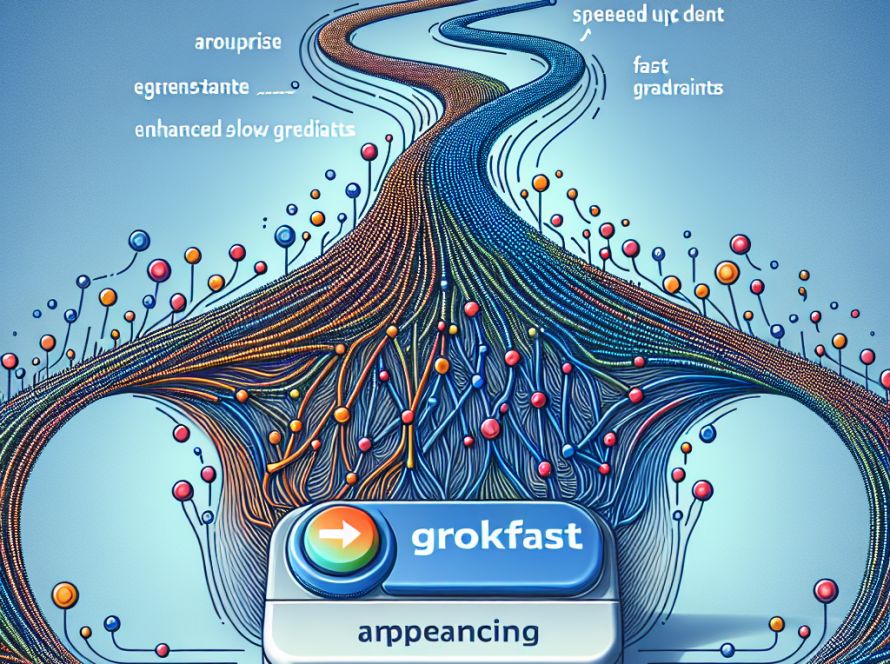The field of chemistry has been positively impacted by the boom in artificial intelligence research, specifically through the introduction of large language models (LLMs). These models have the ability to sift through, interpret, and analyze extensive datasets, often encapsulated in dense textual formats. The utilization of these models has revolutionized tasks associated with chemical properties prediction, reactions optimization, and experiments designing, tasks that once demanded deep-rooted human expertise and intricate experimentation.
Despite the potential of LLMs, one challenge lies in fully utilizing their potential within the chemical sciences. A major drawback of these models is their limited understanding of complex chemical reasoning, which is the backbone of innovation and discovery in the field of chemistry. The current gap in understanding the models poses major challenges to their safe and efficient application in real-world chemical research and development.
Nevertheless, a team of international researchers has provided a solution, introducing an automated platform known as ChemBench. Designed to evaluate the chemical knowledge and reasoning abilities of the most advanced LLMs, this groundbreaking framework does this by comparing them against the expertise of human chemists. ChemBench employs over 7,000 question-answer pairs, covering a broad spectrum of chemical sciences, and therefore enabling a comprehensive evaluation of LLMs.
Results show that while the leading LLMs outshine human chemists in certain areas, there is much to be desired in terms of their capability to handle chemical reasoning tasks that are intuitively grasped by human experts. There are also concerns regarding the overconfidence of these models in their predictions, especially on the safety profiles of chemicals.
These findings underscore the dual-edged nature of LLMs in chemical sciences, where while they hold potential, models offering fully autonomous and reliable chemical reasoning are yet to be realized. The limitations of these LLMs in certain reasoning tasks underscore the need for ongoing research to improve their safety, reliability, and overall usefulness in the field of chemistry.
In summary, while these LLMs promise to revolutionize the chemical sciences, to fully realize their potential requires an understanding and addressing of their current limitations. The introduction of ChemBench is a significant stride in integrating LLMs into the chemical sciences. The study proves that much progress has been made in the use of AI in chemistry. However, it also sheds light on the complexity of the task at hand, whereby while LLMs excel in certain tasks, they falter in others, especially those demanding deep, nuanced reasoning. The field is therefore open for further research and development to harness the full potential of these models.


